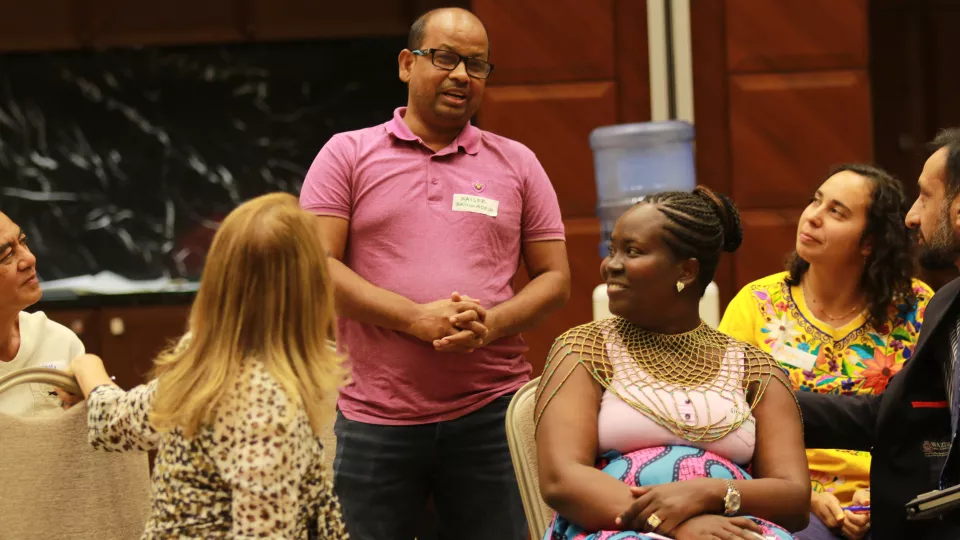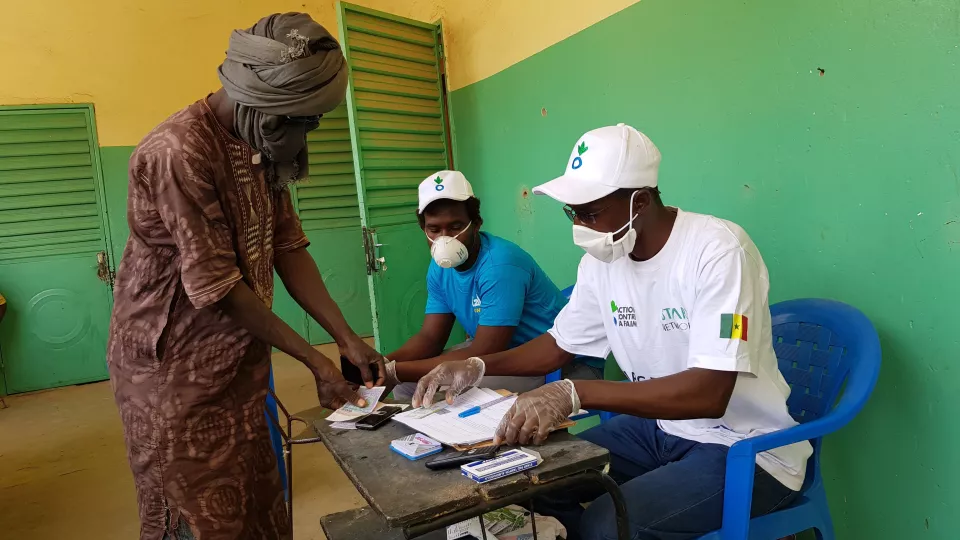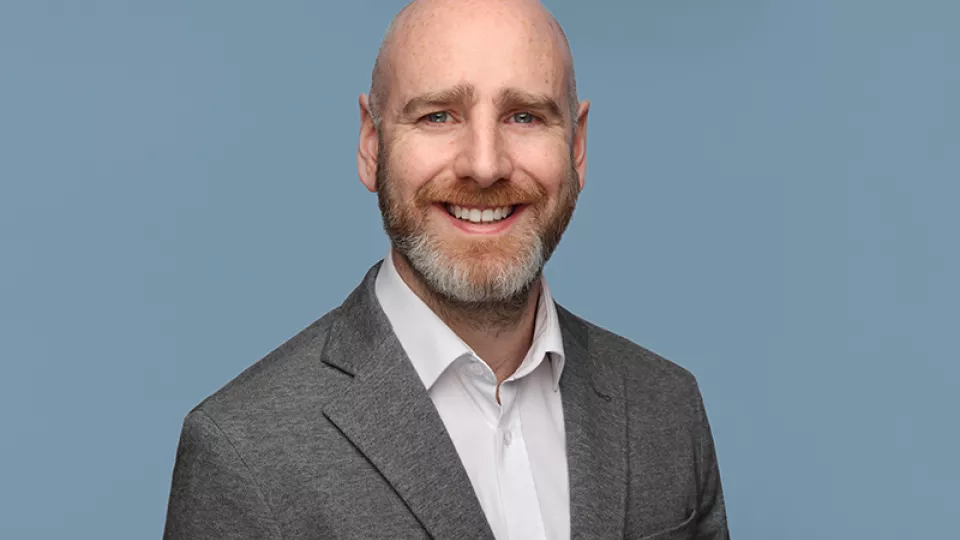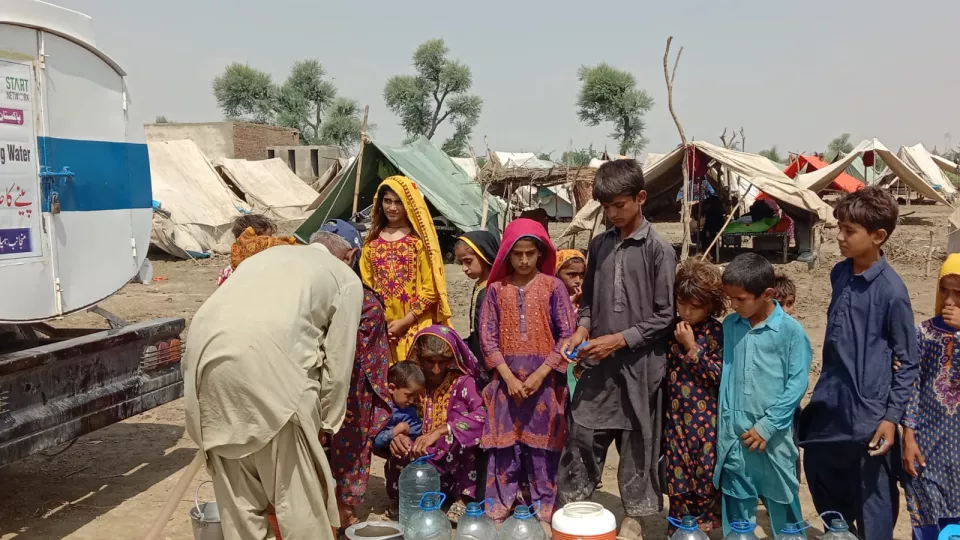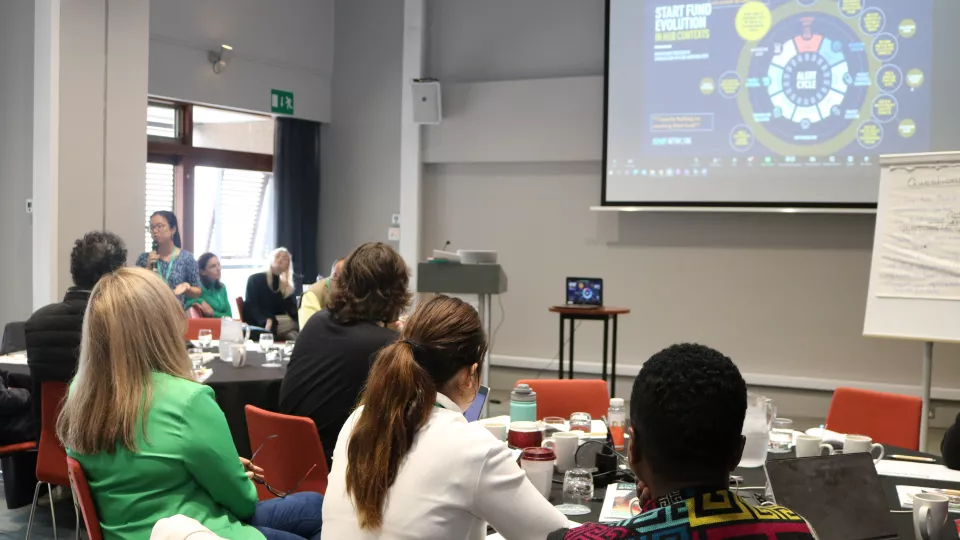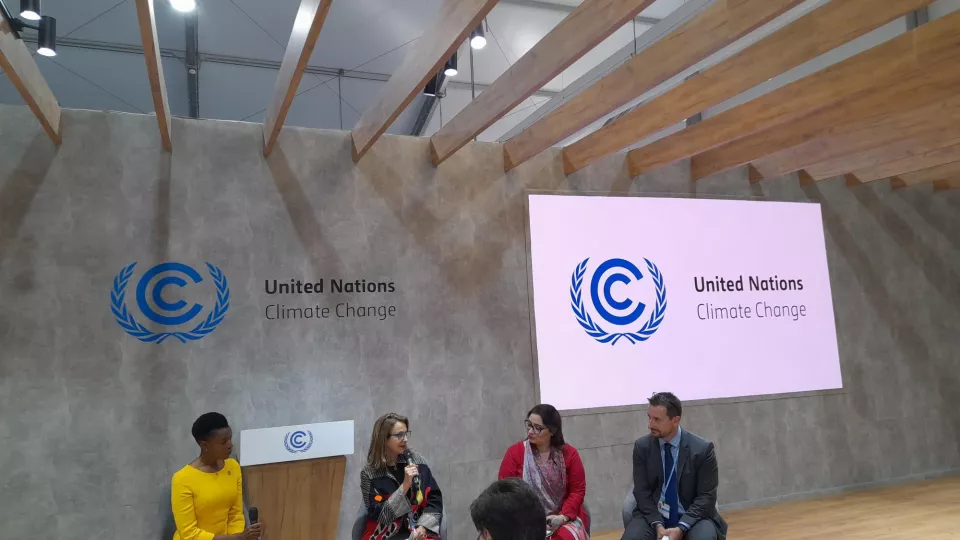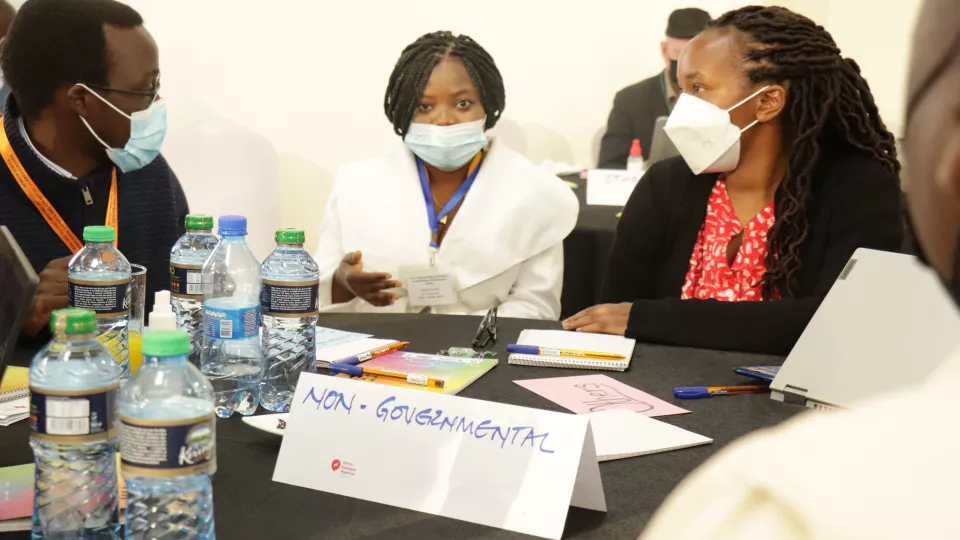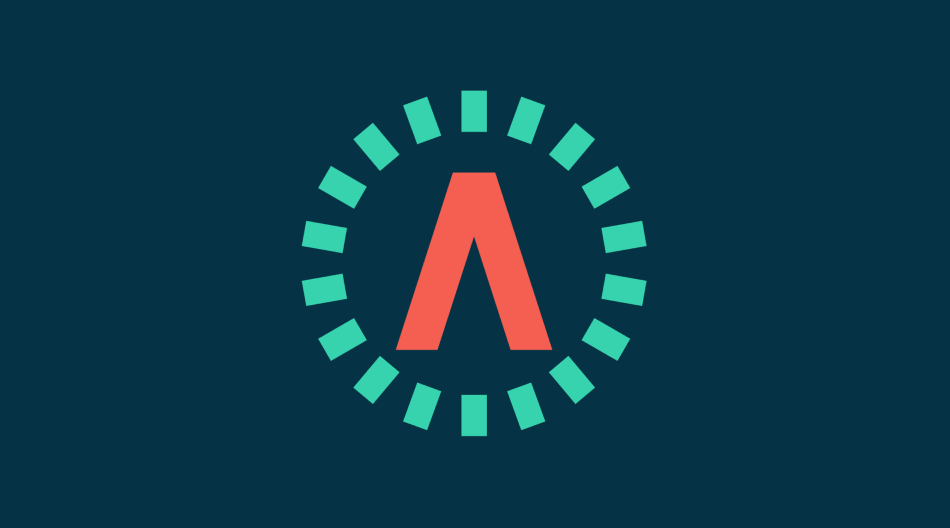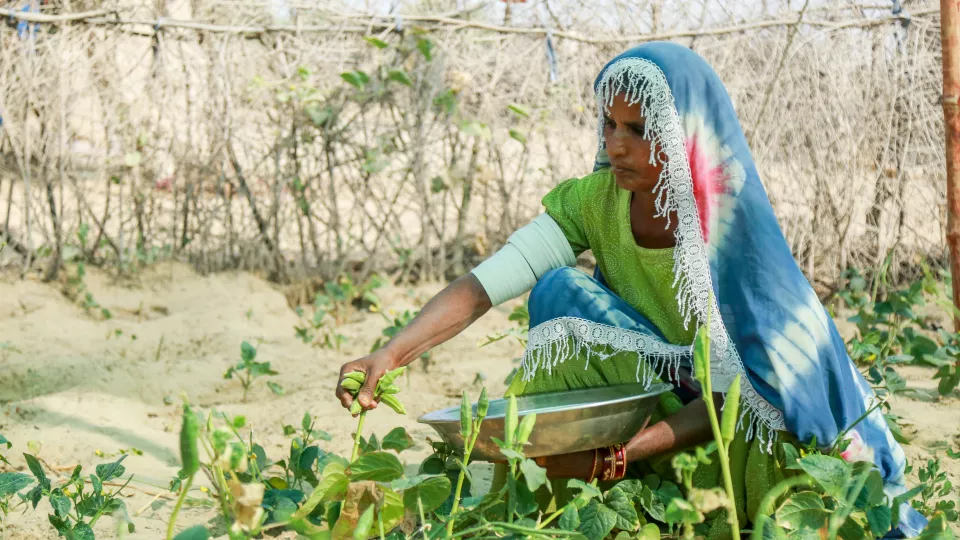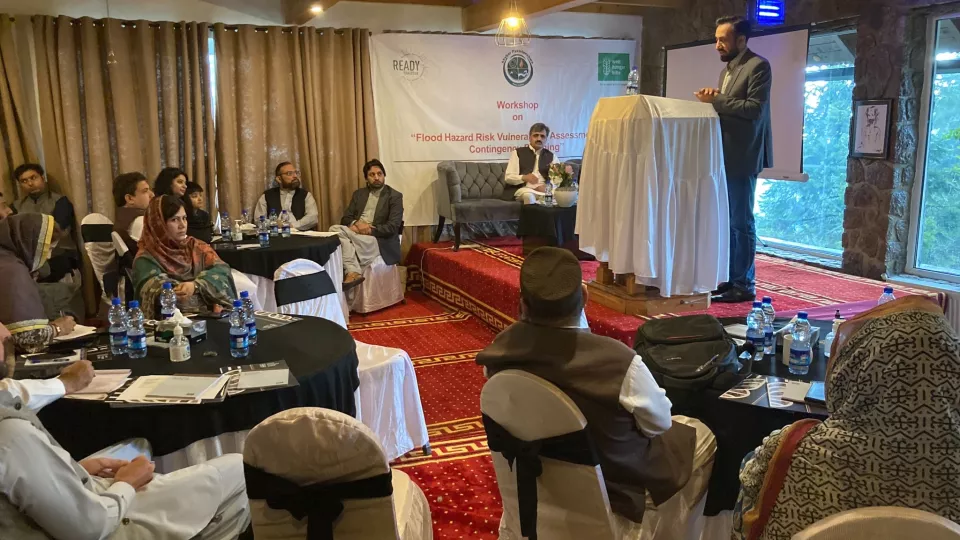Start Network is keen to open the opportunity for its members to support the management and implementation of the Anticipatory Action and Disaster Risk Financing Training Programme.
News and blogs
Communities in Senegal will receive around £330,000 GBP ($400,500 USD) from Start Network and its local partners in anticipation of the drought season in 2023. Senegal’s 17 million population relies heavily on seasonal crops.
Start Network is pleased to welcome Malcolm Spence as its new independent trustee.
As the world contends with the destruction that Pakistan’s monsoon floods have left in their wake, as well as the cascading impact of an emerging health crisis, some truths regarding the role of local organisations within the sector begin to become…
The new course called Risk Analytics in Start Ready DRF is also hosted via Kaya Connect and is offered free of charge covering the 2nd pillar of our Disaster Risk Financing-DRF approach.
The climate crisis is a humanitarian crisis. Join the events Start Network is participating in between 7 and 17 November and share our key messages and policy asks.
As Western donors and international non-governmental organisations (INGOs), we most often have disproportionate power in relation to local and national organisations.
A locally led humanitarian system that is accountable to people at risk or affected by crisis is also one where communities have agency and voice over humanitarian interventions that respond to their needs.
In December 2020-January 2021 we spoke to 83 stakeholders from four of our hub countries asking them open-ended questions around what a locally led humanitarian system would look to them.
Building on Start Network’s achievements on locally led action, collective innovation and new forms of financing, our 2021 Annual Report: Making Progress on Systems Change provided us the incredible opportunity once again to reflect on our quest…
Start Network has launched its new online course for our members and local partners within the series of courses on Start Ready Disaster Risk Financing system. This new course named Contingency Plan in Start Ready DRF is hosted via Kaya Connect and…

